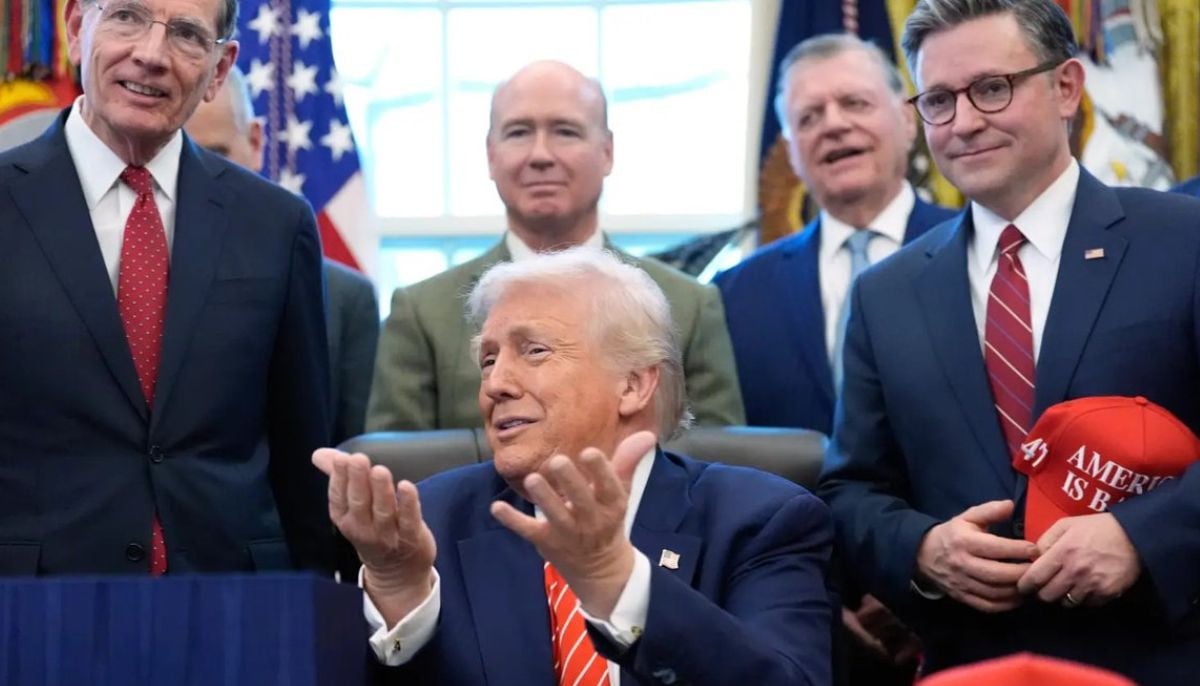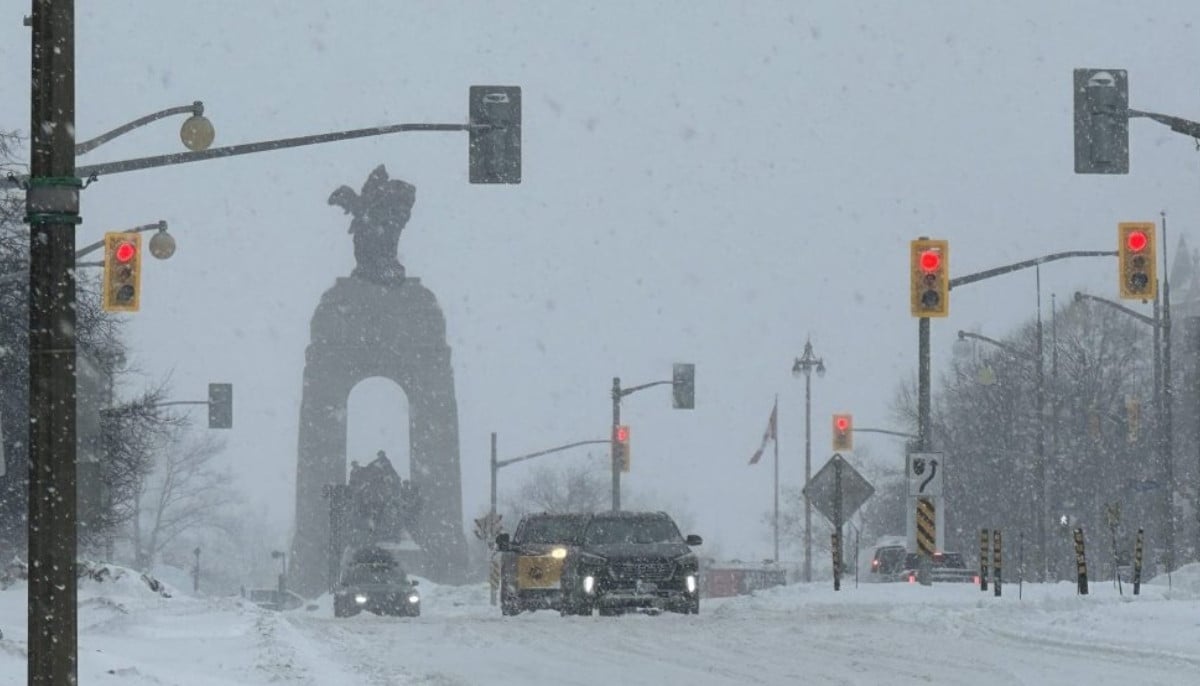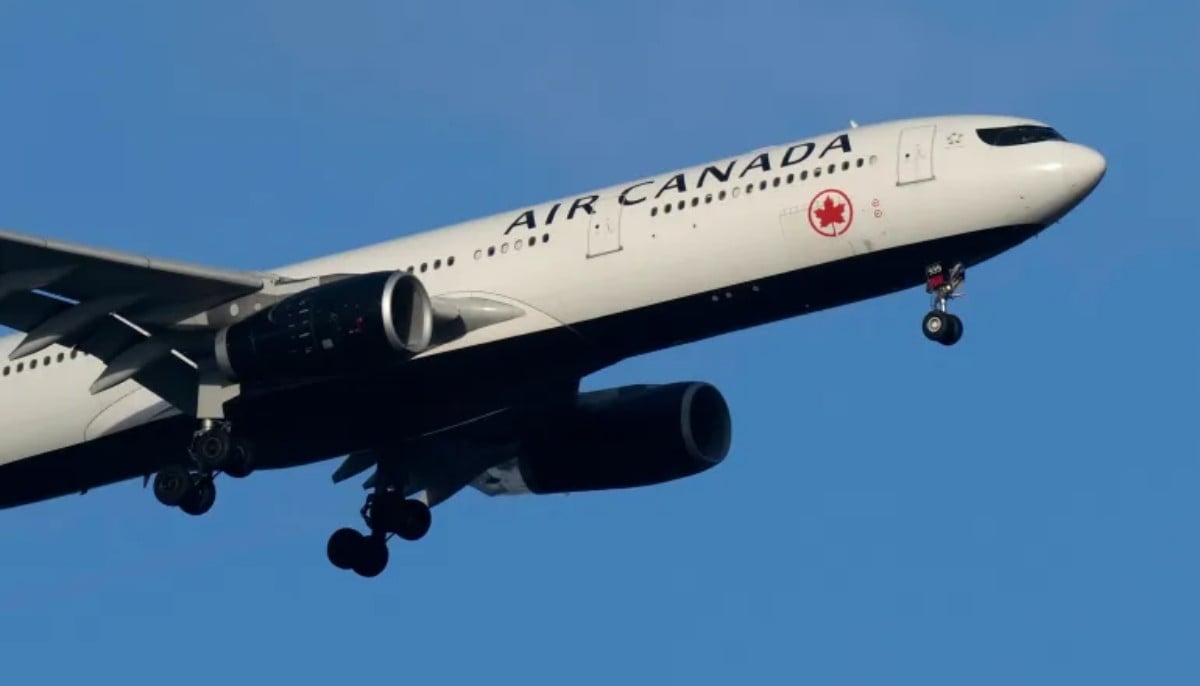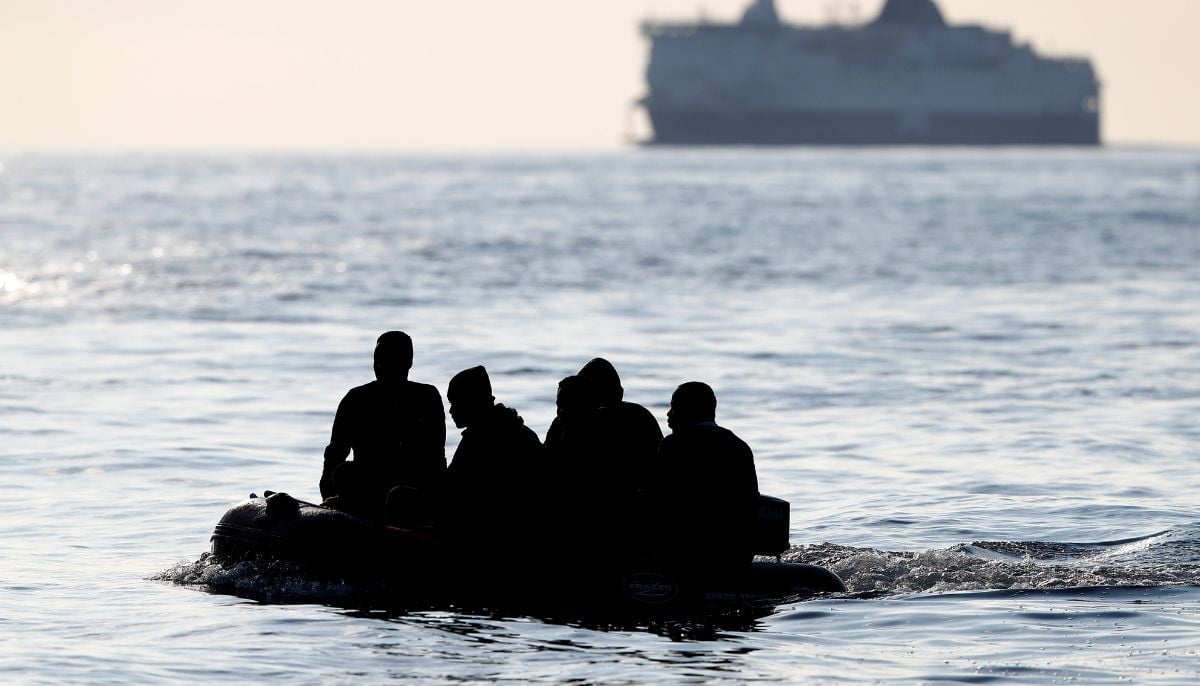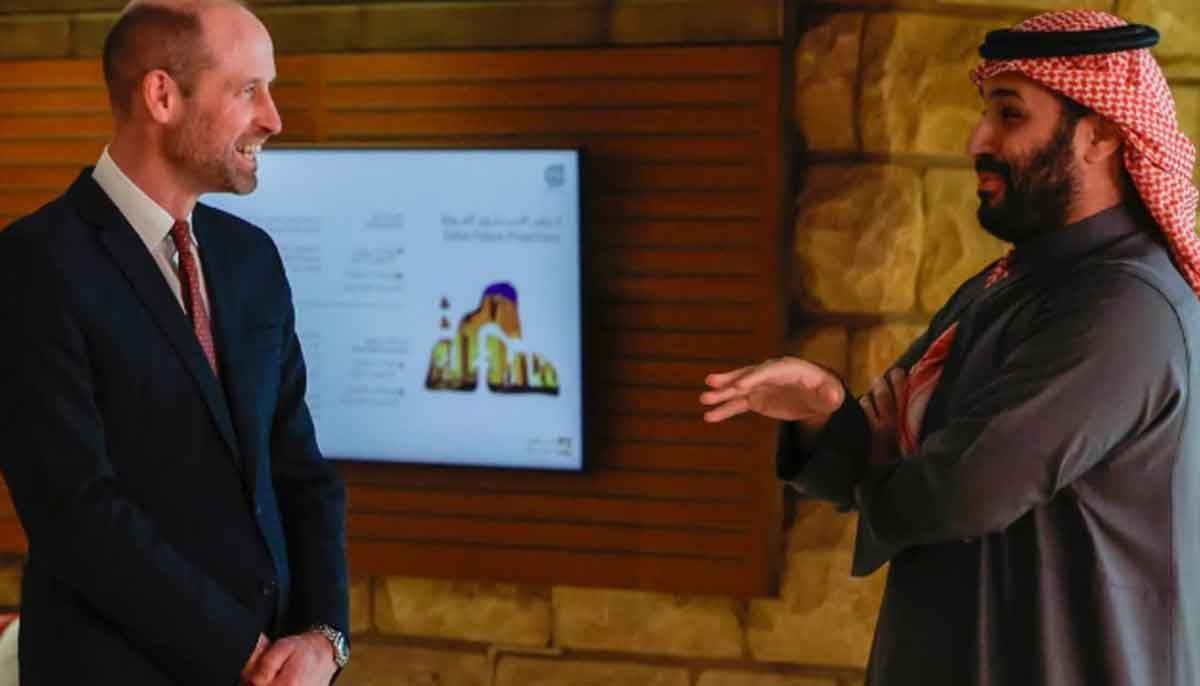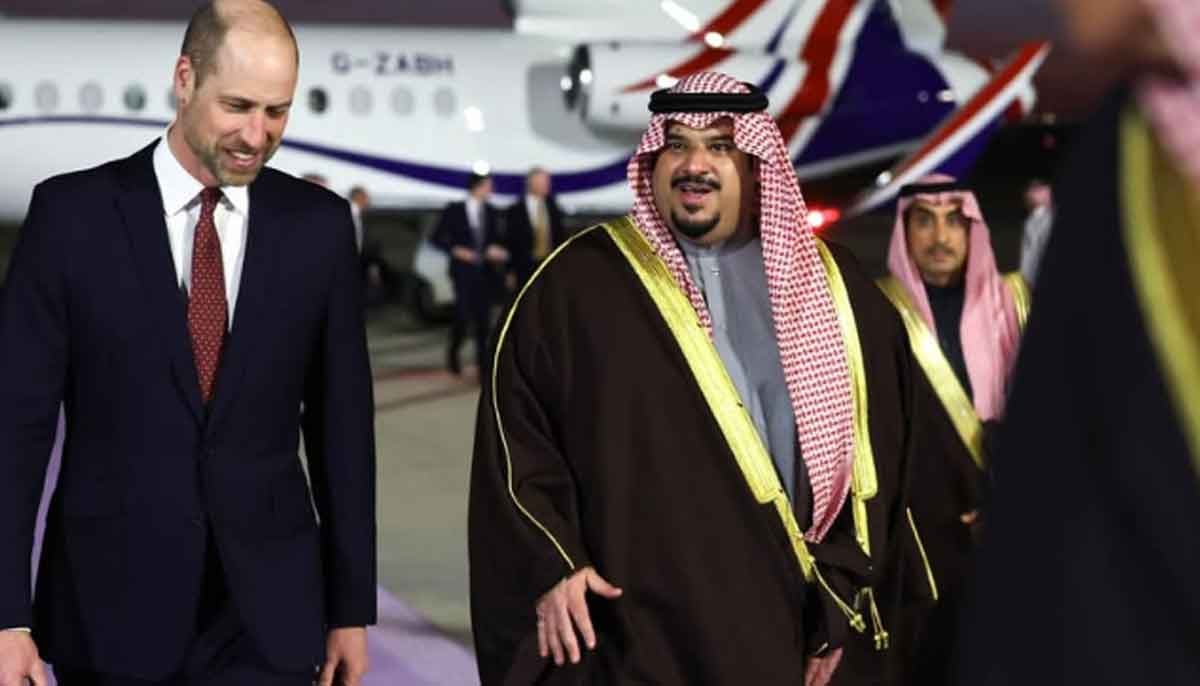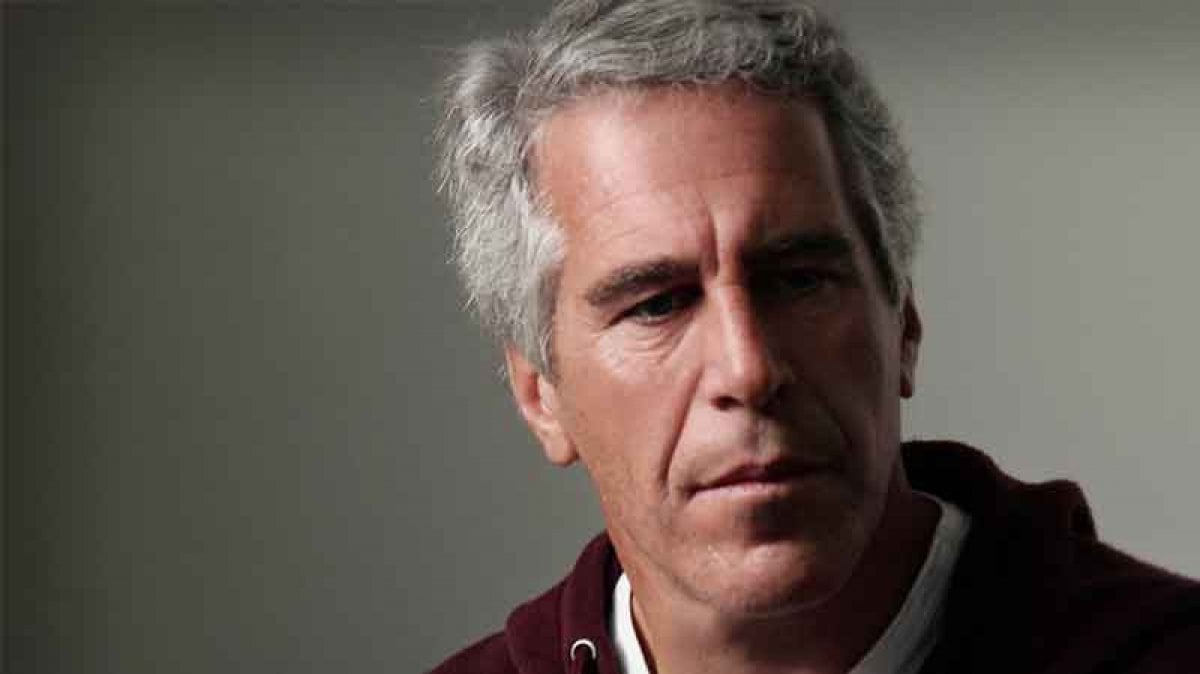Taliban sever ties with Afghan embassies in Western countries
Pakistan, China, Russia among Afghan embassies working on order from the Taliban government
The Taliban government has severed consular ties with swathes of Afghan embassies in Western countries, Kabul said Tuesday, cutting off diplomats loyal to the former foreign-backed administration.
The 2021 Taliban takeover left diplomats staffing Afghanistan's foreign missions in limbo, having pledged to serve a government which collapsed in chaos after the withdrawal of US troops.
No country has yet formally recognised the Taliban government but in the past three years the Kabul authorities have installed Taliban ambassadors in some neighbouring embassies.
But Afghanistan's foreign ministry said Tuesday it now "bears no responsibility" for credentials including passports and visas issued by missions out of step with Kabul's new rulers.
The embassies include those in the cities of London and Berlin as well as the countries of Belgium, Switzerland, Austria, France, Italy, Greece, Poland, Sweden, Norway, Canada and Australia.
"The Ministry of Foreign Affairs has repeatedly urged the Afghan political and consular missions in European countries to engage with Kabul," a statement said.
"Unfortunately, the actions of most of the missions are carried out arbitrarily, without coordination and in explicit violation of the existing accepted principles."
The statement said Afghans living abroad should deal instead with missions affiliated with the Islamic Emirate of Afghanistan — the self-styled name the Taliban have given the country under their rule.
Pakistan, China and Russia are among Afghan embassies working on order from the Taliban government.
Embassies cut off from Kabul have found themselves in dire financial straits, relying heavily on consular fees to pay staff salaries, rent and bills.
Without that income they may struggle to remain open.
The foreign ministry did not respond to a request for comment on its future plans for the ostracised embassies.
Since surging back to power after a two-decade insurgency, Taliban officials have campaigned to be Afghanistan’s sole representatives on the international stage.
Considered pariahs over their treatment of women, they have been denied an ambassador to the United Nations.
However at UN-hosted talks in Doha last month they represented Afghanistan — with civil society groups including women’s activists excluded from the main talks.
Analysts, rights campaigners and diplomats are split over whether to engage with the Taliban government in a bid to soften their stance or freeze them out until they backtrack.
-
Air Canada’s flights to Cuba halted as as aviation fuel crisis worsens
-
At least 53 dead after migrant boat capsizes off Libya
-
'God of War' announces casting major key role in Prime Video show
-
Baby left in running bathtub dies after father ‘forgets’ him
-
Prince William meets Saudi Crown Prince Mohammed bin Salman
-
Ghislaine Maxwell will not answer Congress questions on Epstein
-
Kensington Palace announces Prince William's arrival in Saudi Arabia
-
Super Bowl 2026: Why didn't Epstein survivors ad air on TV?

